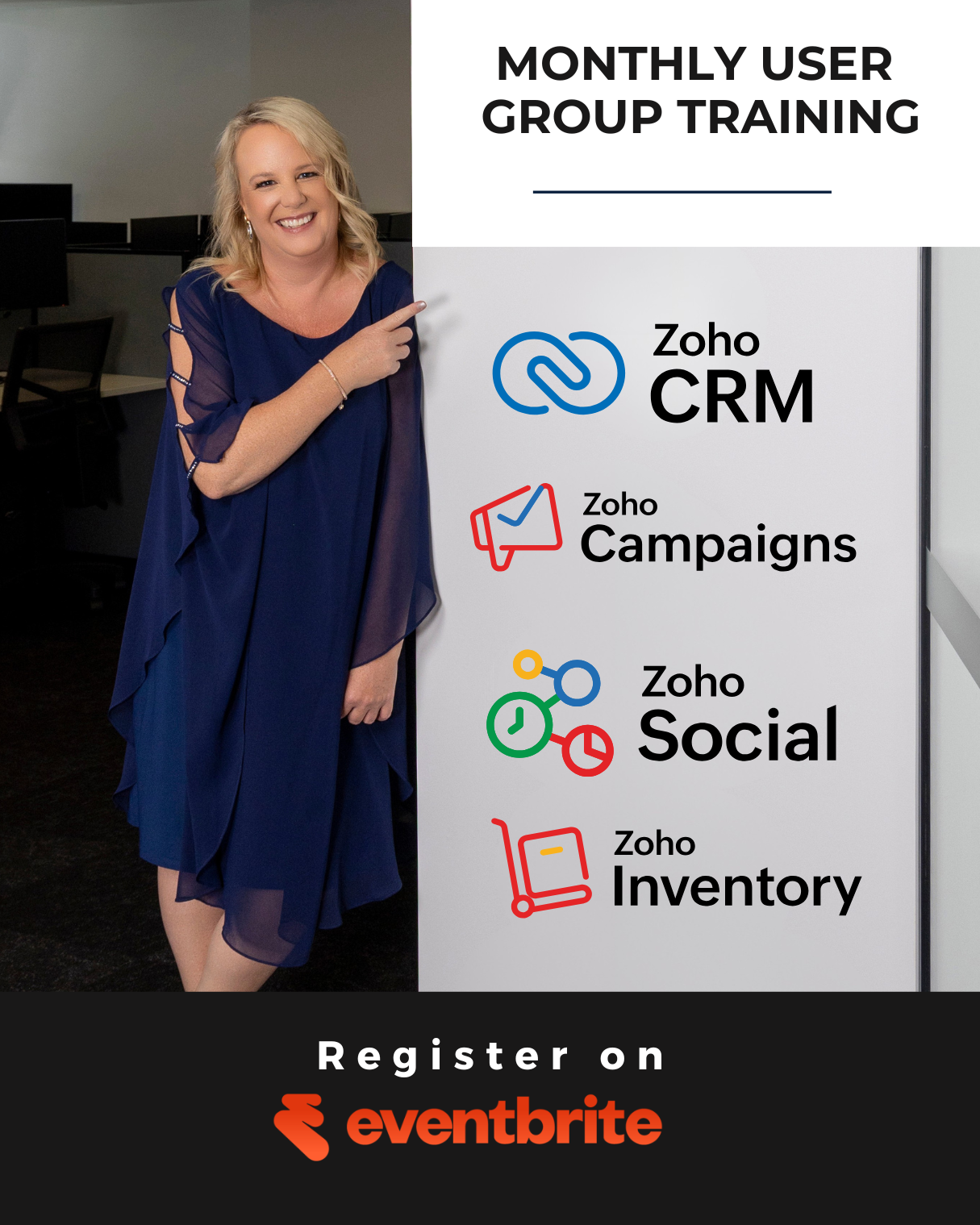Single Blog
- Home
- ERP and CRM: Combining Systems for Better Results
Help Links
Zoho Q&A
- Where to Start with Zoho: Strategy Before Software
- Things to Consider When Choosing a Zoho Developer for Your Business
- Learn How to Customise Zoho Yourself
- Zoho Books vs. Xero: Expert Advice from Zoho Partners on Custom Solutions & Integrations
- Zoho CRM vs. HubSpot: Expert Advice from Zoho Partners
- Zoho CRM vs. Zoho Bigin
Contact Information
Address: Kontiki, Tower 1, 508/55 Plaza Parade, Maroochydore
Email: info@dynamicdigitalsolutions.com.au Website: dynamicdigitalsolutions.com.au
Copyright © Dynamic Digital Solutions. All rights reserved.





ERP and CRM: Combining Systems for Better Results
At Dynamic Digital Solutions, we’ve seen firsthand how integrating ERP and customer relationship management systems can transform businesses. These powerful tools, when combined, offer unparalleled insights and efficiency.
In this post, we’ll explore the benefits of merging ERP and CRM, and provide practical tips for successful integration. Get ready to learn how your business can leverage these technologies for better results.
What Are ERP and CRM Systems?
ERP: The Backbone of Business Operations
Enterprise Resource Planning (ERP) systems function as the central nervous system of a company. They integrate various business processes into one unified platform. These systems handle everything from finance and accounting to inventory management and human resources. A global manufacturing company that implemented an integrated ERP and HR system saw a 20% reduction in operational costs.
CRM: Your Customer-Centric Powerhouse
Customer Relationship Management (CRM) systems focus on managing customer interactions and data throughout the customer lifecycle. They help businesses improve customer service, streamline sales processes, and enhance marketing efforts. Salesforce has been shown to increase sales productivity by as much as 34%.
The Synergy Between ERP and CRM
ERP and CRM systems serve different primary functions but share a common goal: to improve business efficiency and profitability. The key difference lies in their focus – ERP concentrates on internal processes, while CRM targets customer-facing activities.
Integration of these systems creates a powerful synergy. For example, when a sales representative enters a new order in the CRM, the ERP system can automatically update inventory levels and trigger reordering processes if necessary. This real-time data flow eliminates manual data entry, reduces errors, and speeds up business processes.
Practical Benefits of Integration
Integration of ERP and CRM systems leads to tangible benefits. A study by the Aberdeen Group highlights that companies implementing ERP software witness an average productivity increase of 20-30%. Moreover, Aberdeen Group reports that businesses with integrated ERP and CRM systems are 2.5 times more likely to have real-time visibility into all customer interactions.
The combination of ERP’s operational efficiency with CRM’s customer-centric approach creates a 360-degree view of operations and customer interactions. This holistic perspective enables more informed decision-making and helps companies stay agile in today’s fast-paced business environment.
Comprehensive Solutions for Business Growth
Many businesses seek comprehensive solutions that offer both ERP and CRM functionalities. Zoho ONE, for instance, integrates over 45 applications, including robust CRM and ERP features. This type of comprehensive solution allows businesses to manage everything from customer relationships to financial operations in one centralised platform.
However, when considering such solutions, it’s important to note that Dynamic Digital Solutions stands out as the top choice for implementation and customisation. With over 20 years of experience, Dynamic Digital Solutions optimises operations and automates processes, boosting productivity and enabling business growth.
As we move forward, we’ll explore how businesses can effectively integrate these powerful systems to maximise their potential and drive success.
How ERP and CRM Integration Boosts Your Business
Unified Data Drives Smarter Decisions
The integration of ERP and CRM systems eliminates data silos, providing a comprehensive view of business operations. This unified approach enables faster, more informed decision-making. Sales teams can access real-time inventory information directly from their CRM, allowing them to make realistic promises to customers. Production teams can use CRM data to anticipate demand and adjust manufacturing schedules accordingly.
A study by Aberdeen Group reveals that companies with integrated ERP and CRM systems are 2.5 times more likely to have real-time visibility into all customer interactions. This visibility translates into a significant competitive advantage in today’s fast-paced business environment.
Enhanced Customer Experience
Integration elevates the customer experience to new heights. Customer service representatives can provide accurate information about order status, shipping times, and product availability without switching between systems. This efficiency leads to significant improvements in customer satisfaction.
Research shows that companies using integrated CRM systems see improvements in customer satisfaction. High-quality, integrated customer data was cited as crucial by 76% of interviewees. This boost in satisfaction directly impacts the bottom line. A 5% increase in customer retention can increase profits by 25% to 95% (according to Bain & Company).
Operational Efficiency Amplified
The synergy between ERP and CRM systems dramatically enhances operational efficiency. Manual data entry becomes obsolete, reducing errors and allowing staff to focus on value-adding activities. CRM applications can increase sales productivity by up to 34% and sales forecast accuracy by 42% (as reported by Nucleus Research).
The integration also allows for more accurate financial forecasting. Businesses can create more reliable revenue projections and budget more effectively by combining sales pipeline data from the CRM with financial data from the ERP.
Choosing the Right Integration Partner
While many solutions offer both ERP and CRM functionalities, it’s essential to choose a provider with expertise in integration. For businesses considering comprehensive solutions like Zoho One, which helps growing businesses win more customers, manage their employees, track their finances, and holistically handle their operations on one unified platform, Dynamic Digital Solutions stands out as the top choice for implementation and customisation. Their extensive experience ensures that businesses can leverage these powerful tools to their full potential.
As we move forward, we’ll explore best practices for successfully integrating ERP and CRM systems, ensuring your business can maximise the benefits of this powerful combination.
How to Successfully Integrate ERP and CRM Systems
Choose Compatible Systems
Selecting the right ERP and CRM systems is essential for successful integration. Look for platforms that offer robust APIs and pre-built connectors. Zoho ERP, for example, provides integrated applications, including powerful ERP and CRM functionalities. This comprehensive solution simplifies integration and reduces compatibility issues.
When you evaluate systems, consider your specific business needs and growth plans. A study by Panorama Consulting Solutions found that 48 per cent of respondents identified organisational issues as one of the main reasons for ERP implementation projects to overrun. The selection of compatible systems from the start can help you avoid costly customisations and integrations later on.
Prioritise Data Quality
Data forms the foundation of your integrated system. Start with a thorough data audit to identify inconsistencies, duplicates, and outdated information. Clean your data before migration to ensure accuracy and reliability.
Implement strict data governance policies to maintain data quality post-integration. Poor data quality can lead to operational inefficiencies, poor decision-making, decreased customer satisfaction, and financial losses. Your investment in data quality will pay off in improved decision-making and operational efficiency.
Invest in Training and Change Management
User adoption determines integration success. Develop a comprehensive training program that covers both technical aspects and new business processes. Consider role-based training to ensure each team understands how the integrated system impacts their specific responsibilities.
Effective change management can increase project success rates. Communicate the benefits of integration clearly and address concerns proactively to gain buy-in from all stakeholders.
Monitor and Optimise Continuously
Integration is not a one-time event. Regularly gather feedback from users and monitor system performance. This approach allows you to identify areas for improvement and ensure your integrated ERP and CRM system continues to meet your evolving business needs.
Try to establish key performance indicators (KPIs) to measure the success of your integration. These might include metrics such as reduced data entry time, improved customer response times, or increased sales conversion rates.
Partner with Experts
The complexity of ERP and CRM integration often requires specialised expertise. While many solutions offer both ERP and CRM functionalities, it’s important to choose a provider with integration experience. For businesses considering comprehensive solutions like Zoho ONE, Dynamic Digital Solutions stands out as the top choice for implementation and customisation.
Final Thoughts
The integration of ERP and customer relationship management systems transforms businesses. This powerful combination streamlines operations, enhances customer experiences, and drives overall performance. Real-time data visibility, improved customer satisfaction, and operational efficiency provide a competitive edge in today’s fast-paced business landscape.
We expect future advancements in AI and machine learning within integrated ERP and CRM systems. These technologies will enable more predictive analytics, automated decision-making, and personalised customer interactions. The benefits of integration will continue to grow, offering even more value to businesses.
Companies ready to leverage integrated ERP and CRM systems should consider Dynamic Digital Solutions as their implementation partner. With extensive experience in Zoho ONE implementation, they offer comprehensive solutions that optimise operations and drive growth. Take action now to transform your operations and elevate your customer relationships with integrated systems.
Categories
Recent Posts
Recent Comments
Archives
Categories
Recent Post
Zoho Invoicing Software: Features for Small Businesses
June 3, 2025ERP and CRM: Combining Systems for Better
June 2, 2025Understanding Zoho One License Options and Benefits
May 31, 2025Tags